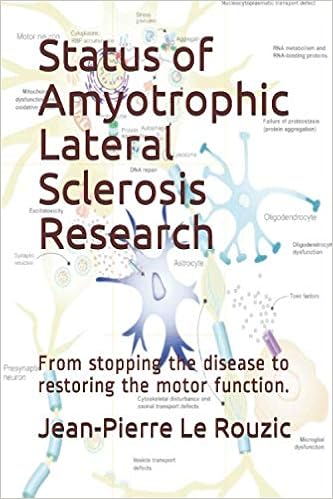Blood-brain barrier (BBB) dysfunction is increasingly emerging as an early and important mechanism that may underlie some of the cognitive changes seen in the aging process and in the development of neurodegenerative diseases, including including Alzheimer's disease.
 Source: Ben Brahim Mohammed, wikimedia.org/w/index.php?curid=12263975
Source: Ben Brahim Mohammed, wikimedia.org/w/index.php?curid=12263975
A common denominator in studies on this subject is that the dysfunctional blood-brain barrier releases toxic products derived from blood in the brain, such as fibrinogen, thrombin, plasminogen, iron-containing proteins, albumin, etc., which disrupt normal neuronal function, possibly leading to neuronal and synaptic loss and/or cognitive decline in Alzheimer's disease.
In a series of experiments on mice and humans, Senatorov et al. show that BBB dysfunction occurs with aging and leads to hyperactivation of TGFβ signaling in astrocytes, which in turn leads to dysfunction of the neural network, particularly in the hippocampus. These dysfunctions could be corrected by intraperitoneal infusions of a small molecule TGFβR1 kinase inhibitor (IPW).
In a separate but related study, Milikovsky et al. show a link between electrographic anomalies - paroxysmal slow wave events (PSWE) - detected using EEG, and cognitive disorders. They show that PSWE are observed in a number of human and murine models of blood-brain barrier dysfunction, and that PSWE can be induced by exposing the mouse brain to albumin.
These two studies provide convincing evidence for a causal link between a deficiency of the blood-brain barrier and neuronal dysfunction. They suggest that this interaction may be mediated by specific astrocytic pathways, leading to electrographic dysfunction that can be quantified using EEG, and especially suggest that this pathological pathway may be a treatable therapeutic target.
Further studies are needed to determine the extent to which protein infusion (Aβ, tau, α-synuclein, TDP43) in the central nervous system contributes to the cognitive changes observed in aging and neurodegenerative diseases in humans, and what strategies to block astrocyte TGFβ signaling (eg using IPW or losartan) are feasible, safe and therapeutically useful for patients.

